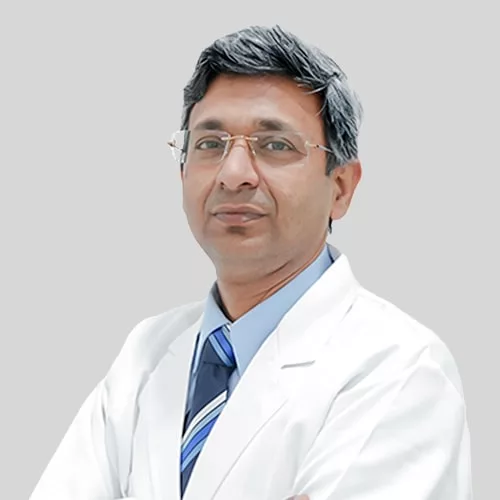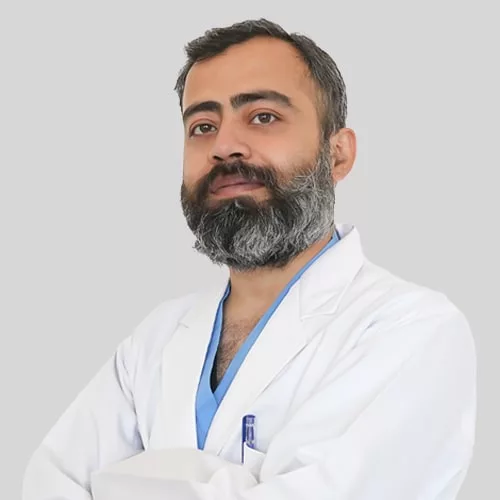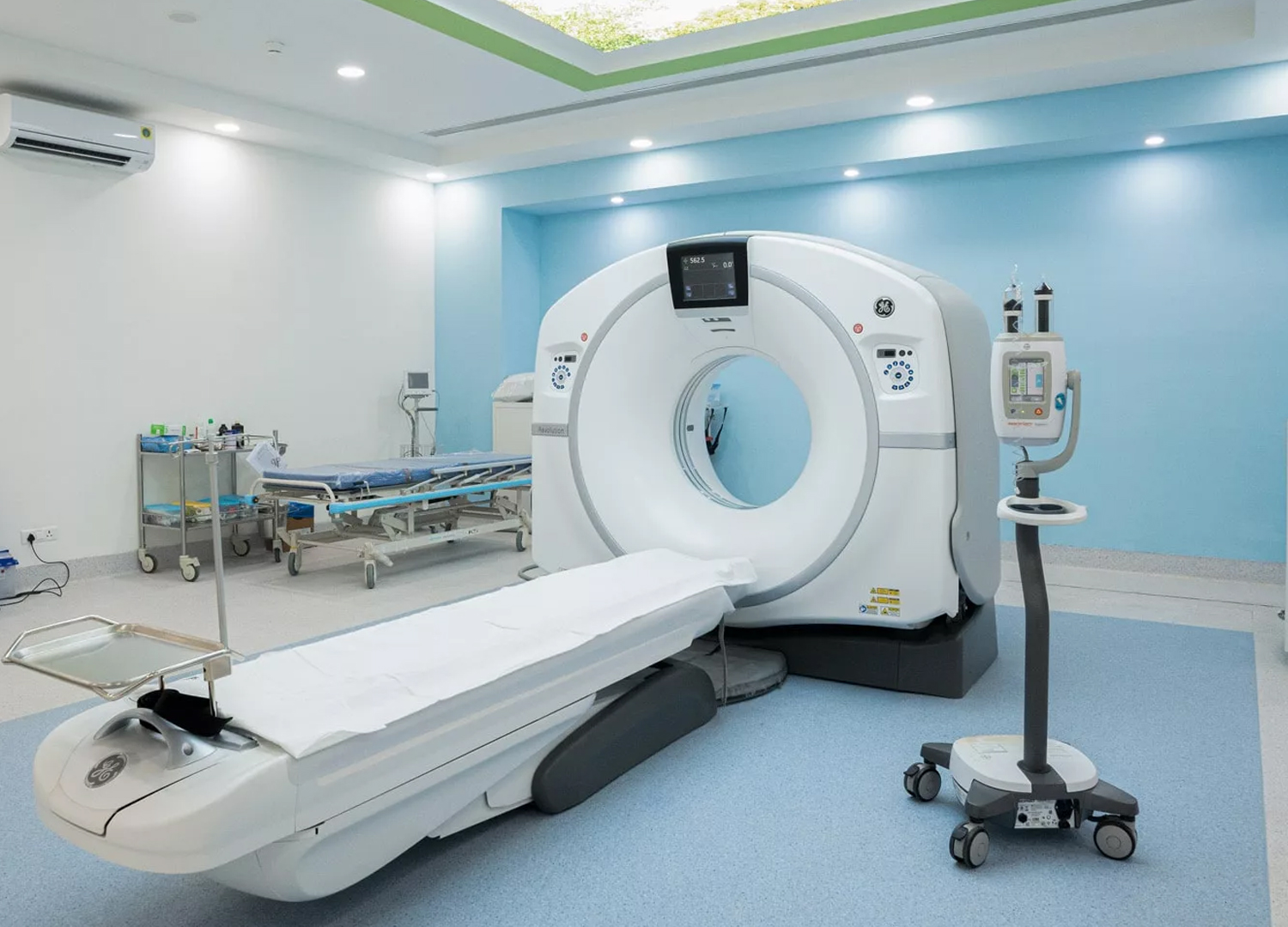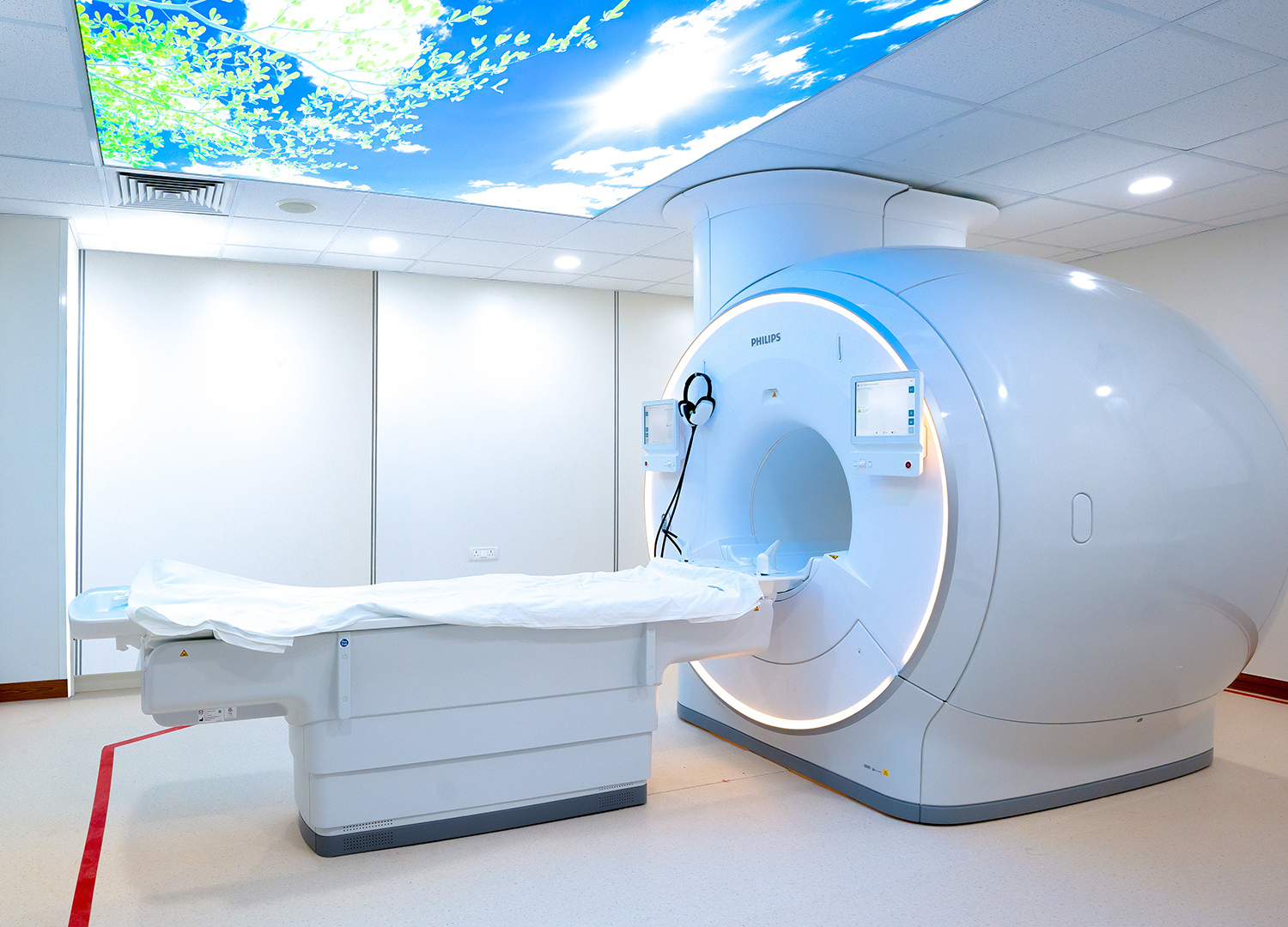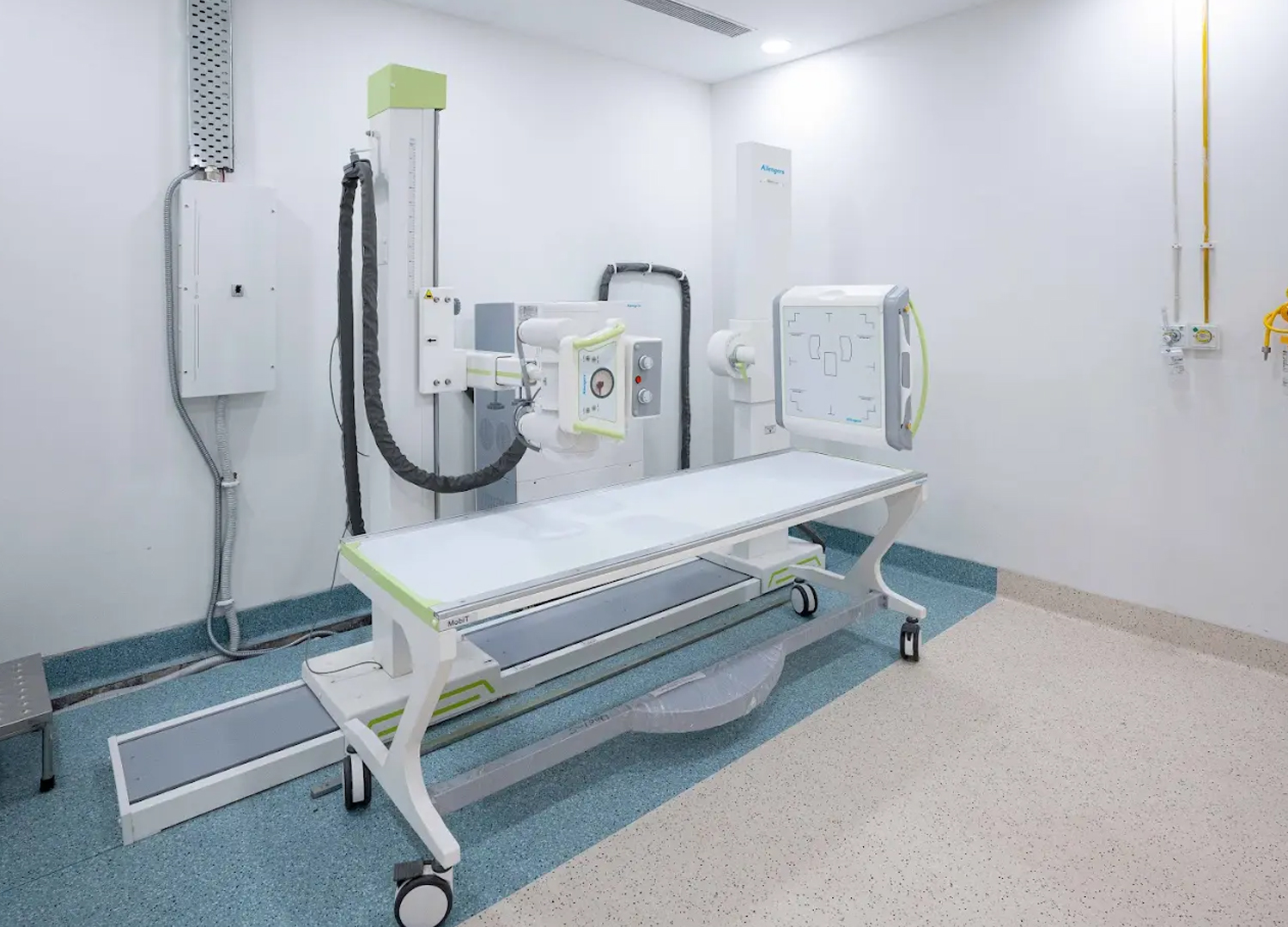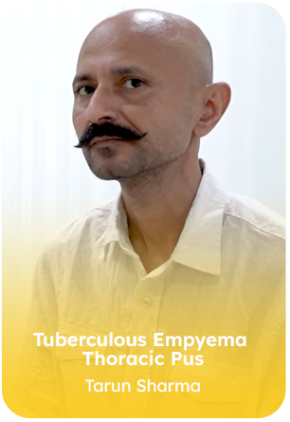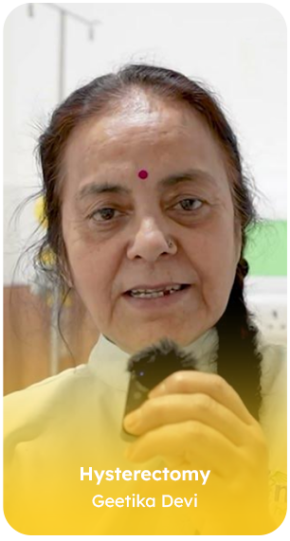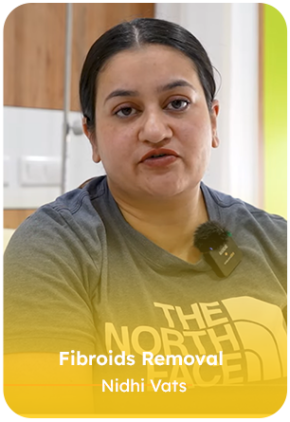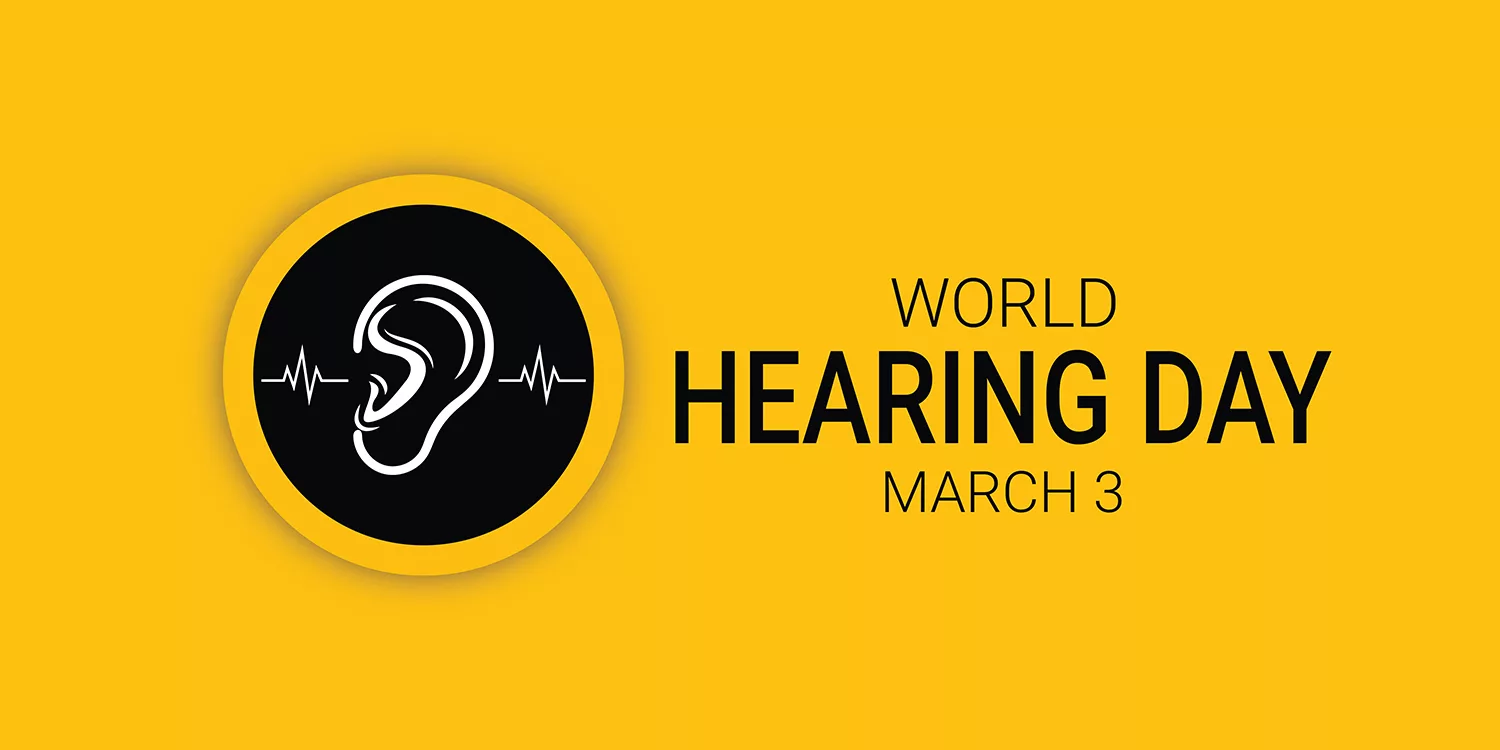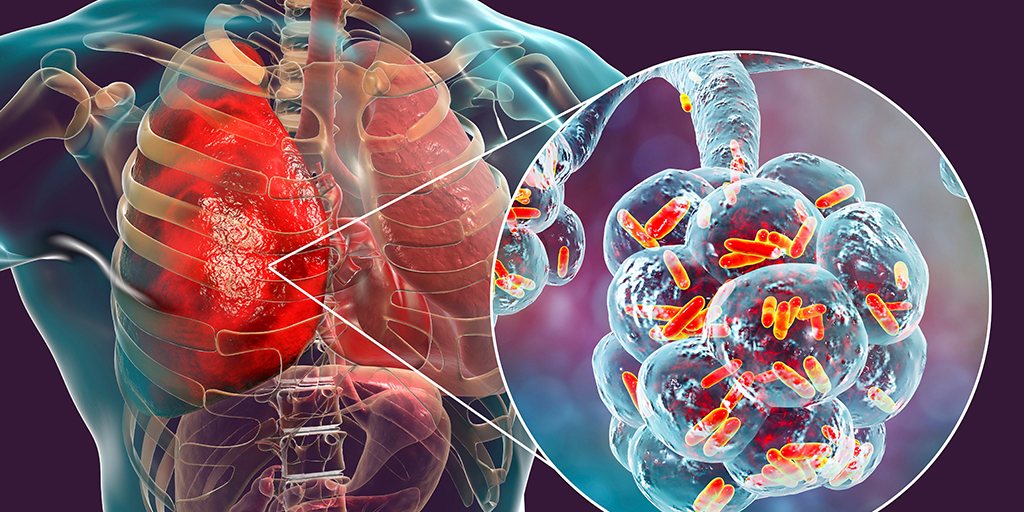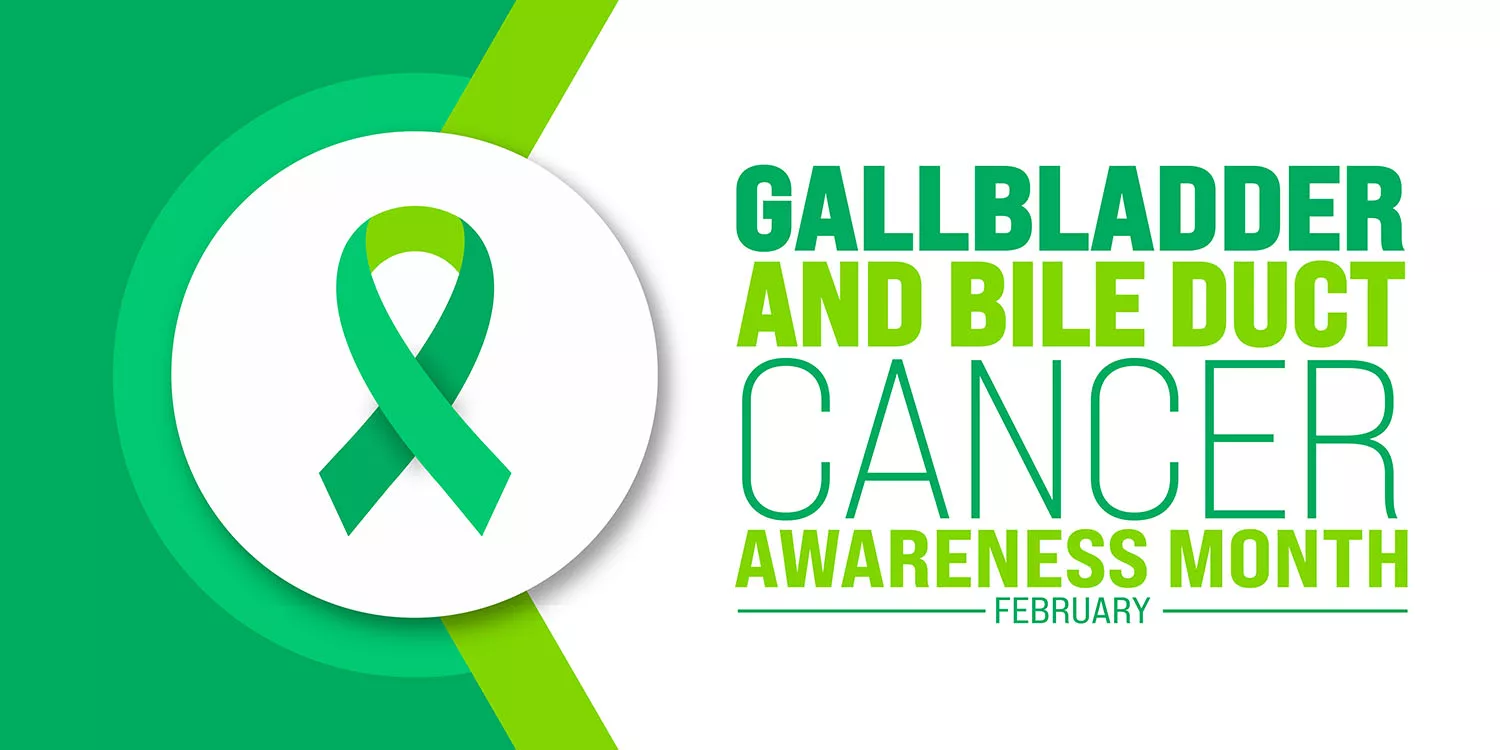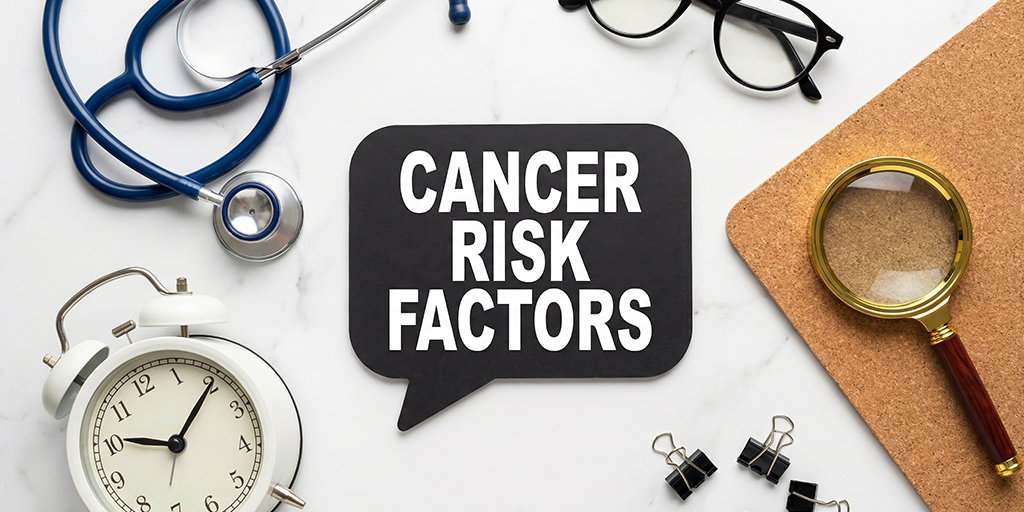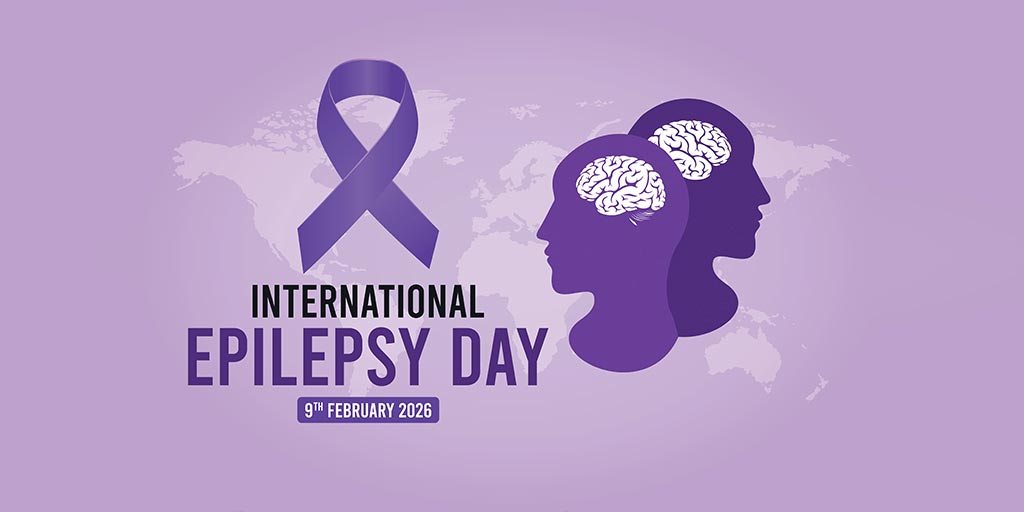At Graphic Era Hospital, we believe that your heart deserves the best care, and we are here to ensure just that. Our cardiac surgery department comprises a team of highly skilled cardiac specialists, who combine advanced technology with a compassionate approach to provide life-saving procedures tailored to the needs of the patients. Be it minimally invasive procedures or advanced heart surgeries, we prioritise patient-centred care to improve quality of life and ensure the best possible outcomes for patients.
When Should You Consult a Cardiologist?
Early detection of heart disease is crucial to preventing serious complications. At Graphic Era Hospital, we emphasise the importance of recognising early warning signs to ensure timely medical intervention. Identifying symptoms early can significantly improve treatment success and overall heart health.
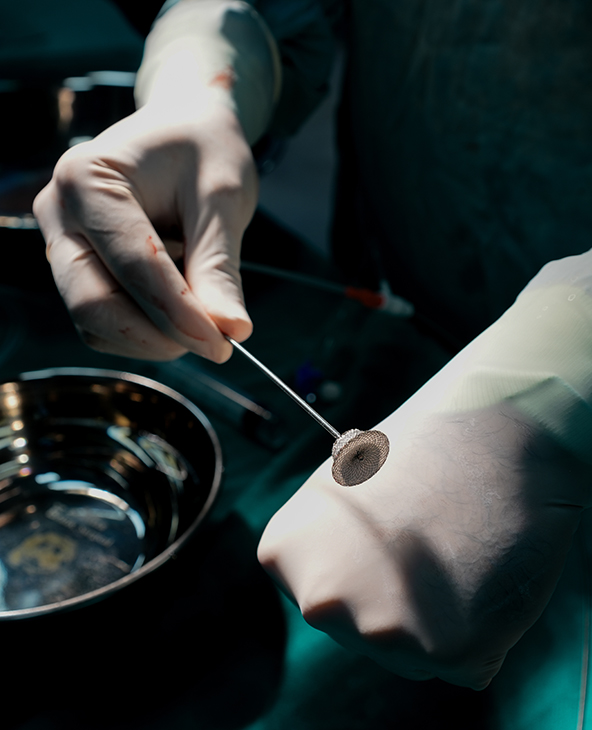
-
Common Signs That Require a Cardiologist Consultation:
- Chest Pain or Discomfort: Unexplained pain, pressure, or tightness in the chest, especially during physical activity or stress, may indicate an underlying heart condition.
- Shortness of Breath: Difficulty breathing, even at rest or with minimal exertion, could suggest that the heart is struggling to pump blood efficiently.
- Persistent Fatigue or Weakness: Feeling excessively tired despite adequate rest may be a sign of heart failure or poor circulation.
- Swelling in the Legs, Ankles, or Feet: Fluid retention in the lower extremities is often linked to poor heart function or weakened circulation.
- Irregular Heartbeat or Palpitations: A racing, skipping, or fluttering heartbeat can indicate arrhythmia or other heart rhythm disorders.
- Dizziness or Light-headedness: Frequent fainting spells or dizziness may result from low blood flow to the brain, a possible indicator of heart disease.
- Unexplained Nausea or Sweating: Sudden nausea, cold sweats, or clamminess—especially when accompanied by chest pain—may be an early sign of a heart attack.
- Pain Radiating to the Neck, Jaw, Shoulder, or Back: Discomfort spreading beyond the chest could indicate a serious cardiac event, requiring immediate medical attention.
- Upper Abdominal Pain: Some heart conditions manifest as pain or discomfort in the upper abdomen, which is often mistaken for indigestion.
Understanding the Causes of Heart Disease
Heart disease develops due to a combination of lifestyle, genetic, and medical factors. Recognising these risk factors can help in prevention and early intervention.Major Causes of Heart Disease:
- Unhealthy Lifestyle Choices: Poor diet, lack of physical activity, smoking, and excessive alcohol consumption all contribute to the development of heart disease.
- Diabetes: Poorly managed diabetes can damage blood vessels over time, significantly increasing the risk of heart disease.
- Obesity: Excess body weight puts strain on the heart and raises the likelihood of high blood pressure, diabetes, and high cholesterol, all of which are major risk factors.
- Chronic Stress: Long-term stress can lead to unhealthy habits such as overeating, smoking, and excessive alcohol use, all of which negatively impact heart health.
- Age and Gender: The risk of heart disease increases with age. Men are generally at higher risk earlier in life, while women’s risk rises after menopause.
- High Cholesterol Levels: Excess cholesterol in the blood can lead to plaque buildup in the arteries, restricting blood flow and increasing the risk of heart attacks.
- Family History: A genetic predisposition to heart disease can increase risk, especially if close family members have had heart-related issues at a young age.
- High Blood Pressure: Chronic hypertension weakens and narrows arteries, making the heart work harder and increasing the risk of heart disease and stroke.
- Pre-existing Medical Conditions: Conditions such as kidney disease, sleep apnea, and inflammatory disorders can further contribute to heart disease risk.
- Unhealthy Lifestyle Choices: Poor diet, lack of physical activity, smoking, and excessive alcohol consumption all contribute to the development of heart disease.
- Diabetes: Poorly managed diabetes can damage blood vessels over time, significantly increasing the risk of heart disease.
- Obesity: Excess body weight puts strain on the heart and raises the likelihood of high blood pressure, diabetes, and high cholesterol, all of which are major risk factors.
- Chronic Stress: Long-term stress can lead to unhealthy habits such as overeating, smoking, and excessive alcohol use, all of which negatively impact heart health.
- Age and Gender: The risk of heart disease increases with age. Men are generally at higher risk earlier in life, while women’s risk rises after menopause.
- High Cholesterol Levels: Excess cholesterol in the blood can lead to plaque buildup in the arteries, restricting blood flow and increasing the risk of heart attacks.
- Family History: A genetic predisposition to heart disease can increase risk, especially if close family members have had heart-related issues at a young age.
- High Blood Pressure: Chronic hypertension weakens and narrows arteries, making the heart work harder and increasing the risk of heart disease and stroke.
- Pre-existing Medical Conditions: Conditions such as kidney disease, sleep apnea, and inflammatory disorders can further contribute to heart disease risk.
Understanding Cardiothoracic and Vascular Surgery
Cardiothoracic and Vascular Surgery (CTVS) encompasses surgical interventions for diseases of the heart, lungs, and blood vessels. These procedures are often critical in addressing life-threatening conditions such as coronary artery disease, congenital heart defects, and aortic aneurysms. At Graphic Era Hospital, we provide tailored solutions for every patient, ensuring precision, safety, and optimal recovery.
Heart Conditions Treated at Graphic Era Hospital
Graphic Era Hospital provides comprehensive care for a wide range of heart conditions, including but not limited to:
Paediatric Congenital Heart Disease: Specialised Care for Infants and Children
The Department of Cardiothoracic & Vascular Surgery (CTVS) at Graphic Era Hospital is a leader in diagnosing and treating congenital heart defects in newborns, infants, and children. Our specialised team offers advanced surgical interventions designed to improve heart function and enhance long-term quality of life.
Our Key Services Include:
- Surgical Correction of Congenital Defects: Expertise in treating conditions such as atrial septal defect (ASD), ventricular septal defect (VSD), and tetralogy of Fallot, ensuring normal heart function.
- Complex Paediatric Procedures: Advanced techniques such as arterial switch operations and Fontan surgeries for managing complex congenital heart diseases.
- Multidisciplinary, Child-Centric Care: A team of paediatric cardiologists, surgeons, and specialists work together to provide personalised treatment tailored to each child’s specific needs.
- Comprehensive Post-Surgical Rehabilitation: Focused rehabilitation programmes help ensure optimal recovery, supporting the child’s growth and long-term well-being.
Comprehensive Care for Valvular Heart Disease
At Graphic Era Hospital, we specialise in advanced surgical treatments for valvular heart disease, ensuring optimal heart function and improved patient outcomes. Our expert team utilises state-of-the-art techniques to treat a wide range of valve disorders with precision and care.
Our Valvular Heart Disease Services:
- Valve Repair and Replacement: We offer both mechanical and biological valve prostheses, tailoring the choice to each patient’s lifestyle and medical needs.
- Minimally Invasive Techniques: Advanced procedures, such as key hole surgery and transcatheter valve surgery, reduce recovery time and surgical risks.
- Treatment for Complex Valve Disorders: Specialised care for mitral valve prolapse, aortic stenosis, and valvular regurgitation, ensuring proper blood flow and heart efficiency.
- Preservation of Native Valve Function: Whenever possible, we focus on repairing rather than replacing valves, promoting better long-term heart health.
Advanced Adult Cardiac Surgery
The Adult Cardiac Surgery Unit at Graphic Era Hospital specialises in treating complex heart conditions with precision and expertise. Our team of highly skilled surgeons utilises the latest surgical techniques to ensure optimal patient outcomes and long-term heart health.
Our Key Services Include:
- Coronary Artery Bypass Grafting (CABG): A life-saving procedure to restore blood flow in patients with blocked coronary arteries, reducing the risk of heart attacks.
- Total Arterial Revascularisation: A CABG technique using only arterial grafts for better long-term outcomes.
- Aortic Aneurysm Repair & Dissection Management: Specialised surgical interventions to repair weakened sections of the aorta, preventing life-threatening complications.
- Surgical Treatment for Heart Rhythm Disorders: Expertise in performing Maze procedures to effectively manage atrial fibrillation and restore normal heart rhythm.
- Re-Operative Cardiac Surgeries: Advanced surgical solutions for patients who require revision procedures after previous heart surgeries.
Expert Thoracic Surgery for Lung, Esophageal, and Chest Conditions
The Thoracic Surgery Unit at Graphic Era Hospital is dedicated to the surgical treatment of diseases affecting the lungs, esophagus, and chest wall. Our team employs cutting-edge techniques, including minimally invasive procedures, to ensure precision, faster recovery, and improved patient outcomes.
Our Key Thoracic Surgery Services:
- Minimally Invasive Video-Assisted Thoracic Surgery (VATS): A modern approach for treating lung cancer, infections, and other thoracic conditions with smaller incisions and quicker recovery.
- Surgical Management of Mediastinal Tumors & Pleural Diseases: Expertise in removing tumors in the mediastinum (the space between the lungs) and treating pleural effusions, infections, and fibrosis.
- Advanced Treatment for Chest Trauma & Rib Fractures: Comprehensive surgical care for chest injuries, including fractured ribs and internal damage, ensuring optimal healing.
- Esophageal Surgeries for Malignancies & Disorders: Specialised procedures for esophageal cancer, strictures, and motility disorders, including resections and repairs.
Comprehensive Cardiac Critical Care
At Graphic Era Hospital, our Cardiac Critical Care Unit is dedicated to providing specialised post-operative care for patients recovering from cardiac and thoracic surgeries. Our highly trained medical team ensures round-the-clock monitoring and advanced life support to promote a smooth recovery.
Key Features of Our Cardiac Critical Care Unit:
- 24/7 Monitoring with Advanced ICU Technology: Continuous assessment of vital signs and heart function using cutting-edge monitoring systems.
- Expert Management of Post-Surgical Complications: Immediate intervention for arrhythmias, infections, and other potential complications to prevent adverse outcomes.
- Ventilator Support & Haemodynamic Stabilisation: Specialised care for critically ill patients requiring respiratory support and circulatory management.
- Multidisciplinary Approach to Recovery: Collaboration between cardiologists, critical care specialists, physiotherapists, and rehabilitation experts for a seamless transition from ICU to complete recovery.
Doctors Available
Why Choose Graphic Era Hospital for CTVS?
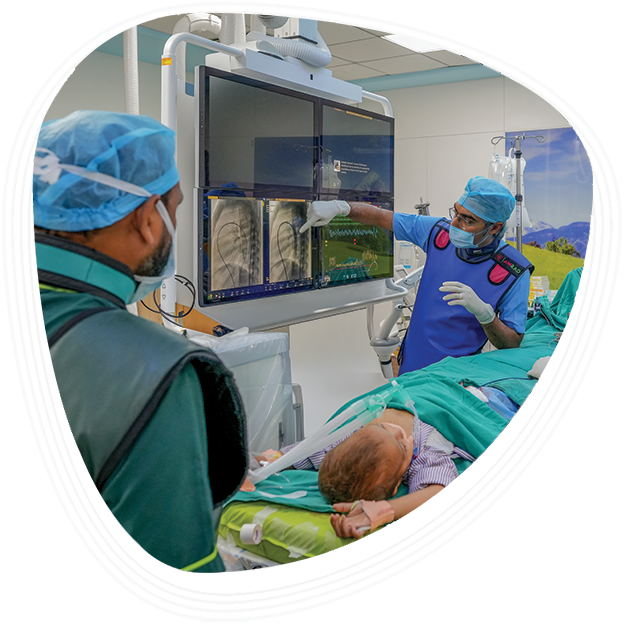
State of the Art Diagnostic Facilities
At Graphic Era Hospital, we are committed to providing precise and timely diagnoses using advanced medical technology. Our cutting-edge diagnostic facilities enable early detection and accurate assessment of heart conditions, ensuring the most effective treatment plans.
Our Key Diagnostic Services:
- Cardiac MRI: A highly detailed, non-invasive imaging technique that provides clear visuals of the heart’s chambers, valves, and blood vessels, aiding in the diagnosis of complex cardiac conditions.
- Echocardiography: This ultrasound-based test generates real-time images of the heart, allowing for an in-depth evaluation of heart function, valve performance, and structural abnormalities.
- CT Angiography: A specialised imaging procedure that provides a detailed view of the coronary arteries, helping to detect blockages, narrowing, or other cardiovascular issues with precision.
- Stress Testing: This assessment monitors the heart’s response to physical activity, helping to identify conditions such as coronary artery disease and evaluating overall heart function under exertion.
Top Procedures
- Aortic Aneurysm Repair
- Aortic Valve Surgery
- Complex Reoperations
- Coronary Artery Bypass Surgery
- Heart Valve Surgery
- Transcatheter Procedures (TAVR)
- Atrial fibrillation (Afib) surgery
- Lung Resections
- Lobectomy
- Pneumonectomy
- Thoracic Aortic Surgery
- Endovascular Procedures
- Peripheral Vascular Bypass Surgery
Common Conditions Treated by the Cardiothoracic and Vascular Surgery Department at Graphic Era Hospital
Advanced Diagnostics & Technology
- Offers high-resolution imaging for detailed blood vessel analysis, aiding in accurate diagnosis and treatment planning.
- Delivers advanced imaging with high resolution for clear, detailed views of soft tissues, ensuring precise diagnostics.
- Provides high-quality, detailed radiographic images for accurate diagnosis with minimal exposure to radiation.
Other Specialities
Patient Stories
Blog
Frequently Asked Questions (FAQs)
Who Performs Cardiothoracic Surgery?
Cardiothoracic surgery is performed by highly trained specialists known as cardiothoracic surgeons. These professionals undergo rigorous training in surgical procedures for the heart, lungs, and blood vessels. At Graphic Era Hospital, our cardiothoracic surgeons have more than 25 years of experience and performed more than 2000 surgeries.
Why Is Cardiothoracic Surgery Important?
Cardiothoracic surgery plays a vital role in treating life-threatening conditions such as coronary artery disease, heart valve disorders, and congenital heart defects. It improves heart and lung function, alleviates symptoms like chest pain and breathlessness, and can significantly enhance the quality and longevity of a patient’s life.
What Are the Complications of Cardiac Surgery?
While cardiac surgery is generally safe, potential complications include:
- Bleeding or blood clots
- Infection at the surgical site
- Arrhythmias (irregular heartbeats)
- Stroke or heart attack
- Breathing difficulties
The risk of complications depends on the patient’s overall health and the complexity of the surgery. Our team at Graphic Era Hospital takes every precaution to minimise these risks and ensure a smooth recovery.
How Long Does Cardiac Surgery Take?
The duration of cardiac surgery varies depending on the type of procedure. For example:
- Coronary Artery Bypass Graft (CABG) surgery typically takes 3–6 hours.
- Valve replacements or complex congenital heart repairs may take longer, sometimes up to 8 hours.
Our surgical team provides patients and families with detailed timelines based on individual cases.
Who Needs Cardiothoracic Surgery?
Cardiothoracic surgery is recommended for patients with conditions such as:
- Severe coronary artery disease
- Valve dysfunctions like aortic stenosis or mitral valve prolapse
- Congenital heart defects
- Advanced heart failure requiring devices or transplants
- Thoracic aortic aneurysms or acute aortic dissection
A thorough evaluation by our specialists determines whether surgery is the best treatment option.
What Is the Recovery Time for Cardiothoracic Surgery?
Recovery time varies based on the type of surgery and individual health factors:
- Most patients spend 5–7 days in the hospital post-surgery.
- Full recovery can take 6–12 weeks for procedures like CABG or valve replacements.
- Patients are advised on activity levels, diet, and follow-up care to support healing and prevent complications.
